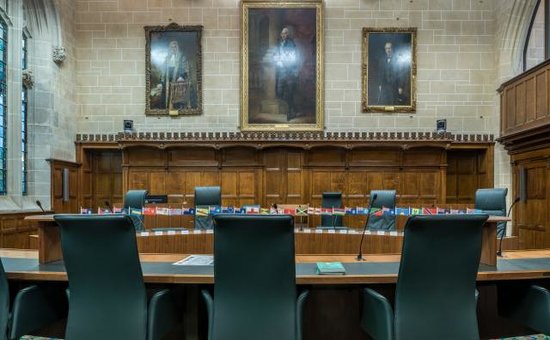This article was commissioned by the Business and Human Rights Resource Centre and originally published on their website
The UK is home to some of the largest multinational corporations in the world operating through integrated networks of subsidiary companies and complex supply chains. Through their global activities, UK companies are often involved in human rights and environmental abuses.
There have been important developments towards improved access to remedy in the UK for victims of overseas corporate related harm over the last 25 years, culminating in the 2012 Court of Appeal ruling in Chandler v Cape which held that, under certain circumstances, a parent company could owe a legal duty of care to employees of its subsidiaries. At present, however, there is no statutory regime in the UK for dealing with alleged violations of human rights by corporate actors.
This gap has become particularly apparent in the past twelve months as several major multinationals have succeeded in persuading the courts that they are not responsible for serious human rights abuses connected to their subsidiaries’ operations.
In three parent company liability cases heard before the UK Court of Appeal – Lungowe v. Vedanta, Okpabi v. Shell, and AAA v. Unilever – companies have argued that their UK headquarters are a separate legal entity with insufficient control over their subsidiary to be held liable for the harm. In the latter two cases the judges decided the Court did not have jurisdiction to hear the claims while in Lungowe v. Vedanta the claimants were successful.
Vedanta has challenged the ruling and the case will be heard in the Supreme Court in January 2019. Nonetheless, the courts have on the face of it given contradictory and confusing guidance. Parliament must respond by reforming the law to clarify parent companies’ responsibilities and liabilities for human rights abuses. Here are four reasons why:
To continue reading, click here.


